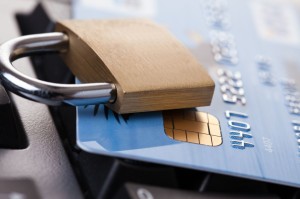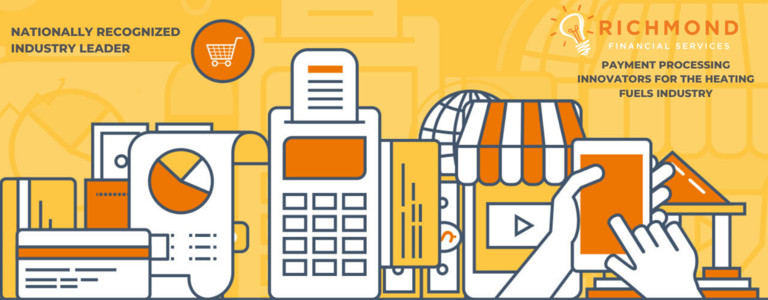 Credit card chargebacks are a common payment processing issue for many businesses. A chargeback occurs when the user’s bank triggers a payment reversal. Typically, this happens when the user reports unauthorized use of the card, an unnecessary payment, a return for goods or services that were not as described, or when a credit return is not properly processed. This process is meant to protect consumers from fraud.
Credit card chargebacks are a common payment processing issue for many businesses. A chargeback occurs when the user’s bank triggers a payment reversal. Typically, this happens when the user reports unauthorized use of the card, an unnecessary payment, a return for goods or services that were not as described, or when a credit return is not properly processed. This process is meant to protect consumers from fraud.
Businesses struggle to fight unauthorized credit chargebacks
Unfortunately, the chargeback process negatively affects businesses that will have to issue the payment back and potentially pay a fee. Most chargebacks will cost your business money, especially with unauthorized chargebacks. These types of chargebacks are ones that customers claim are fraudulent. When these chargebacks are triggered, the credit card company will contact you to verify the transaction. You can attempt to fight these chargebacks, but most merchants have found that credit card companies tend to side with the customer in the case of unauthorized chargebacks.
Credit card chargeback issues cost businesses time and money
As more customers pivot to credit card payments, the rising cost of chargeback issues can significantly burden businesses. They cost businesses money and time if they attempt to fight the charges. Major credit card companies like Visa and Mastercard have developed online systems to help businesses manage their chargeback disputes. Visa’s system, Visa Resolve Online, or VROL, allows merchants to track their transaction data, submit the necessary information for a chargeback dispute, and communicate with the issuing bank.
How can you prevent chargebacks?
Even though systems are in place to help businesses manage credit card chargebacks, they are still cumbersome and time-consuming. Each credit card your business accepts may use a different system for dealing with chargeback, which makes the process more complicated. For example, Visa’s VROL system used to take between 45-100 days to process a chargeback dispute. They have shortened that to 30 days, but that’s still a significant chunk of time. So, what can you do to help speed up the process and protect your business from chargeback costs?
- Use an address verification service (AVS): AVS services verify a customer’s billing address against the credit card information. If the incorrect billing address is used, this information can be used in your chargeback dispute process.
- Require a CVV: A credit card verification value or CVV is listed on the back of a credit card. Requiring customers to submit this value when purchasing also helps prevent unauthorized transactions.
- Track customer IP addresses: Tracking a customer’s IP address allows you to geolocate where they are purchasing from. This can help prevent unauthorized purchases if their credit card is stolen or used for fraud. There are ways customers can get around this measure, but it’s still an extra measure of security that can protect your business.
- Track fraudulent charges. It’s essential to ensure that your business tracks fraudulent charges and their origin. If a transaction is triggered from a frequent fraudulent card or customer, you can cancel the transaction before the chargeback process is initiated.
Credit card chargebacks are a significant issue for many businesses. In the heating fuel industry, many customers turn to credit cards and digital payments to manage their invoices. To protect your heating fuel business, it’s essential you put measures in place to prevent unauthorized transactions and develop a strategy for fighting costly chargebacks. As an independent treasury strategist, I can help your business stay on top of these issues and devise appropriate strategies to reduce chargeback costs!








